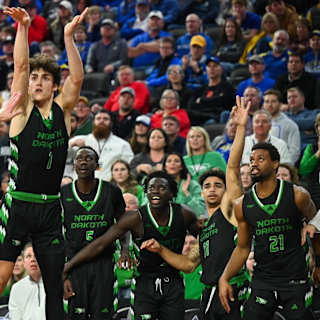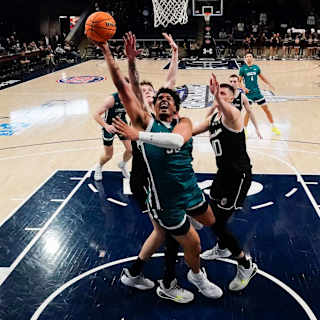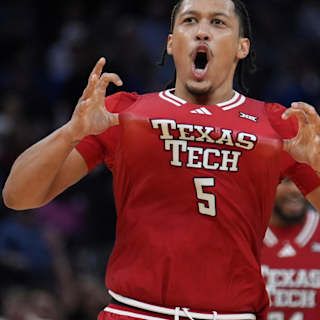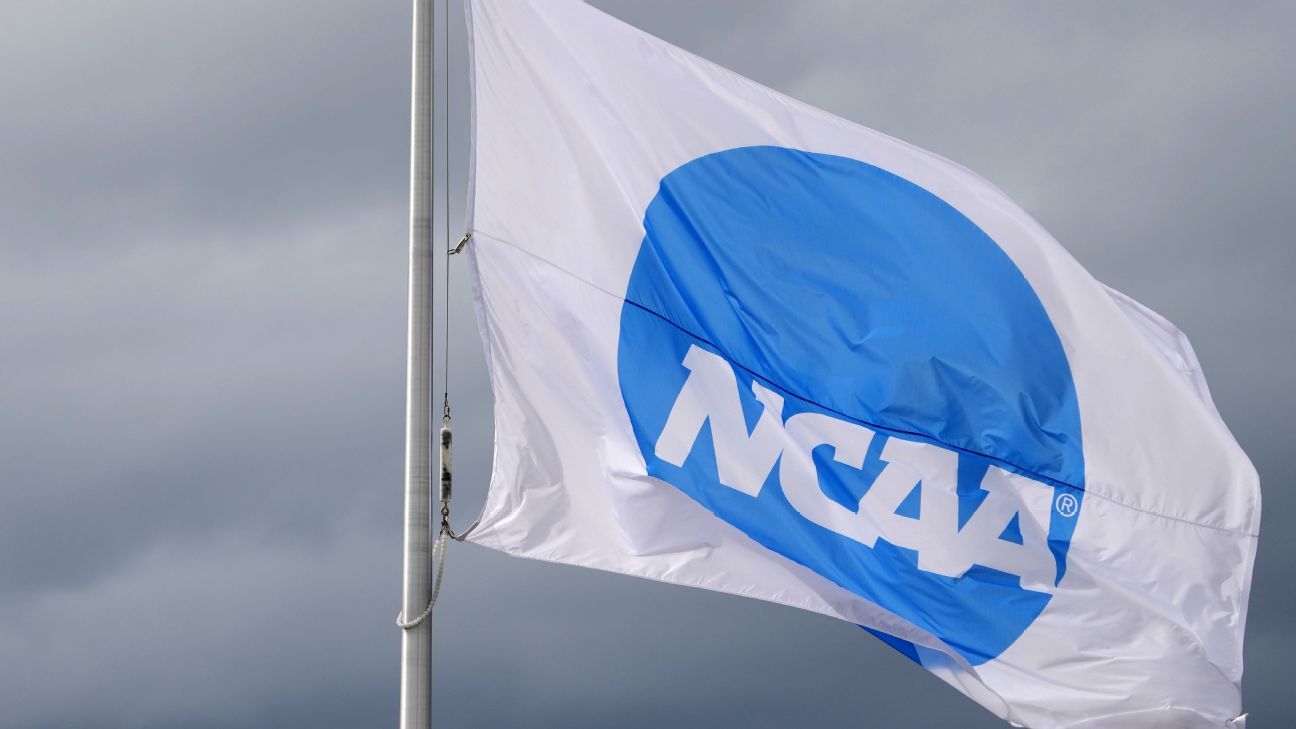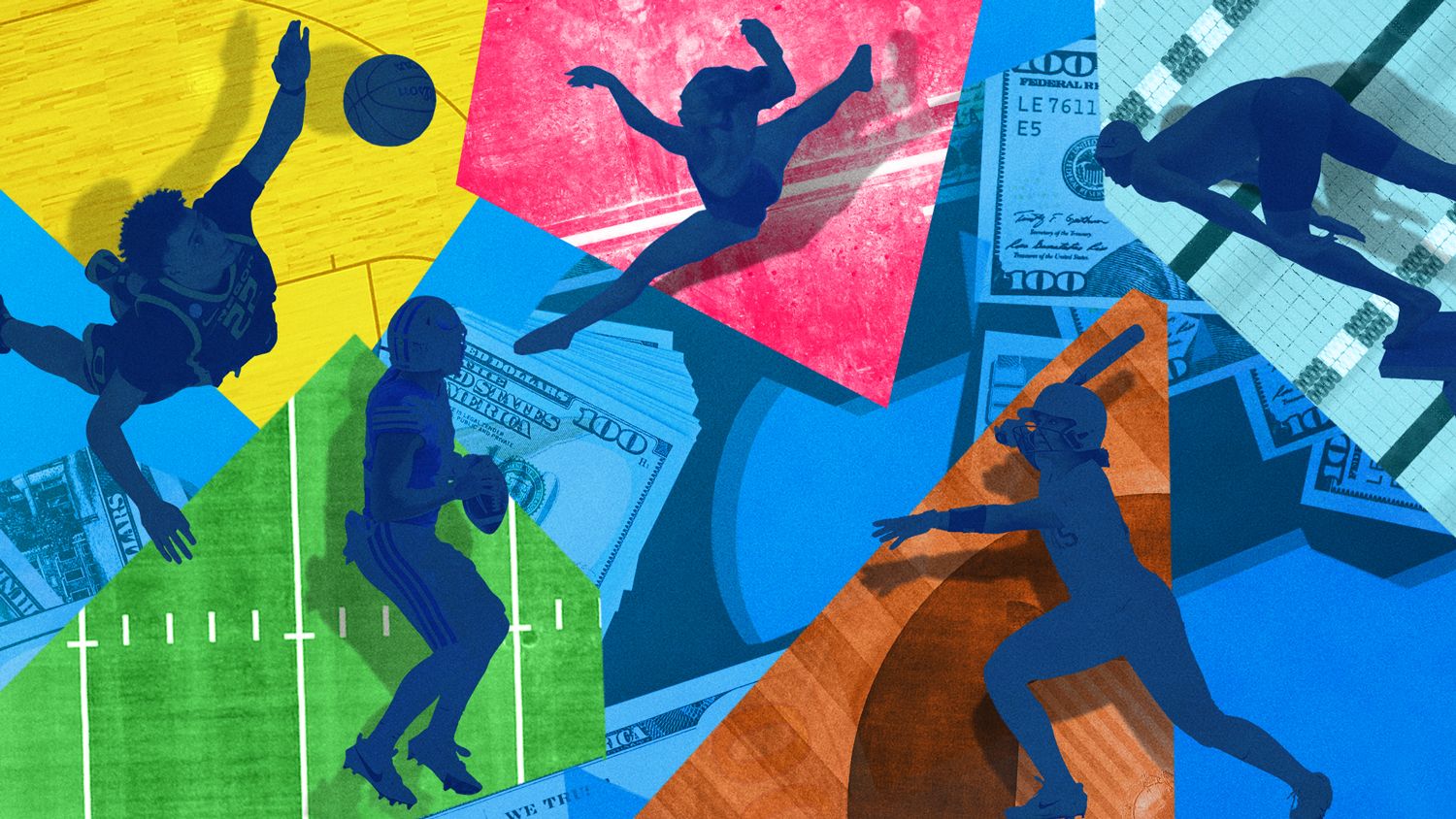- NCAA's Congressional Push
- Olympic Sports Under Pressure
- Political Dynamics
College sports leaders are leveraging promises to fund Olympic programs as a bargaining chip in their push for congressional antitrust protections, according to four people familiar with the negotiations who spoke to The Associated Press on Wednesday.
The strategy targets Democratic lawmakers whose votes would be needed to pass legislation in the Senate, offering assurances that schools will maintain funding for Olympic sports programs that produce roughly three-quarters of Team USA's Summer Olympics roster. These programs face an uncertain future following a $2.8 billion legal settlement that allows schools to begin paying athletes directly starting next week.
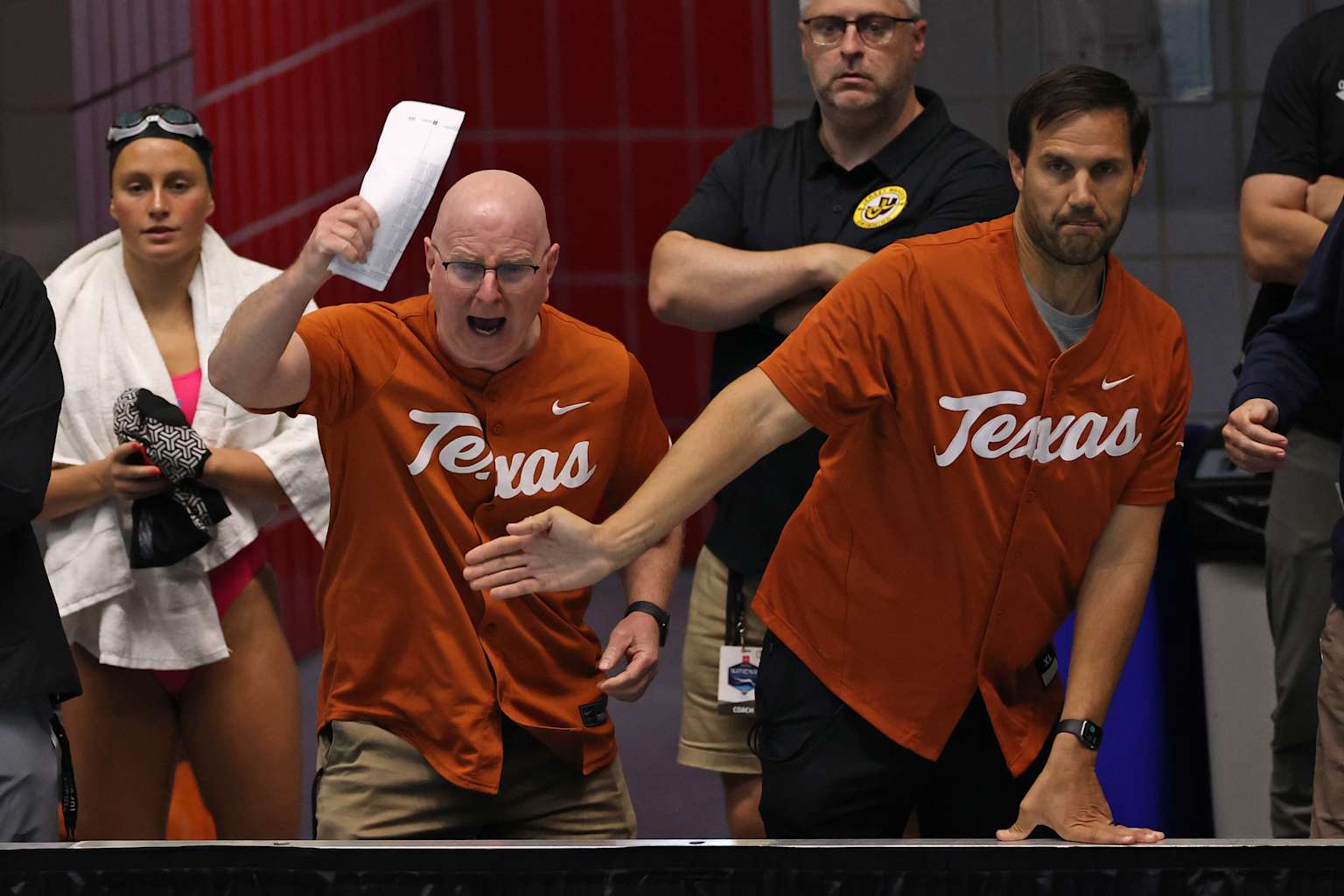
The NCAA is lobbying for legislation that would supersede state name, image and likeness laws, prevent athletes from gaining employee status, and provide limited antitrust protection1. The organization faces ongoing lawsuits challenging its eligibility rules and worries the recently approved House v. NCAA settlement won't end their legal troubles1.
"I get why limited liability is a big ask," NCAA President Charlie Baker said. "But when it comes to limited liability around basic rulemaking, the consequences of this for the next generation of young people if you play this thing out are enormous"1.
Sen. Ted Cruz, the Republican chair of the Senate Commerce Committee, has made college sports legislation a "major priority" this session2. However, he needs bipartisan support to overcome a potential filibuster in the closely divided Senate2.
The timing reflects growing concerns about Olympic sports programs, which receive more than $5 billion annually from U.S. colleges and universities1. Schools are beginning to cut teams and reduce funding as they prepare to share up to $20.5 million per year with athletes under the House settlement, with most money flowing to football and basketball23.
Judge Claudia Wilken approved the House settlement on June 7, clearing the way for direct athlete payments while requiring $2.8 billion in back damages to former players45. The settlement also imposes roster limits that have already led to revoked scholarship offers for some Olympic sport athletes6.
Democrats remain skeptical of granting broad antitrust immunity. Sen. Richard Blumenthal told the AP that athletes "deserve real reform and independent oversight of college sports" rather than "a blank check to the NCAA to return to the status quo"1.
One proposal under discussion would include federal grants to help schools offset Olympic sports costs, exploiting the fact that while the government cannot directly fund Olympic teams, it can support university programs1.
The negotiations come as schools prepare to implement the new payment system by July 1, creating pressure for swift congressional action2.
